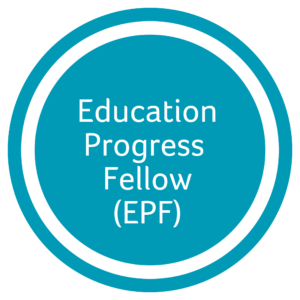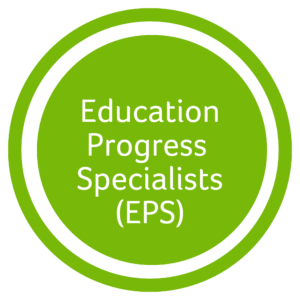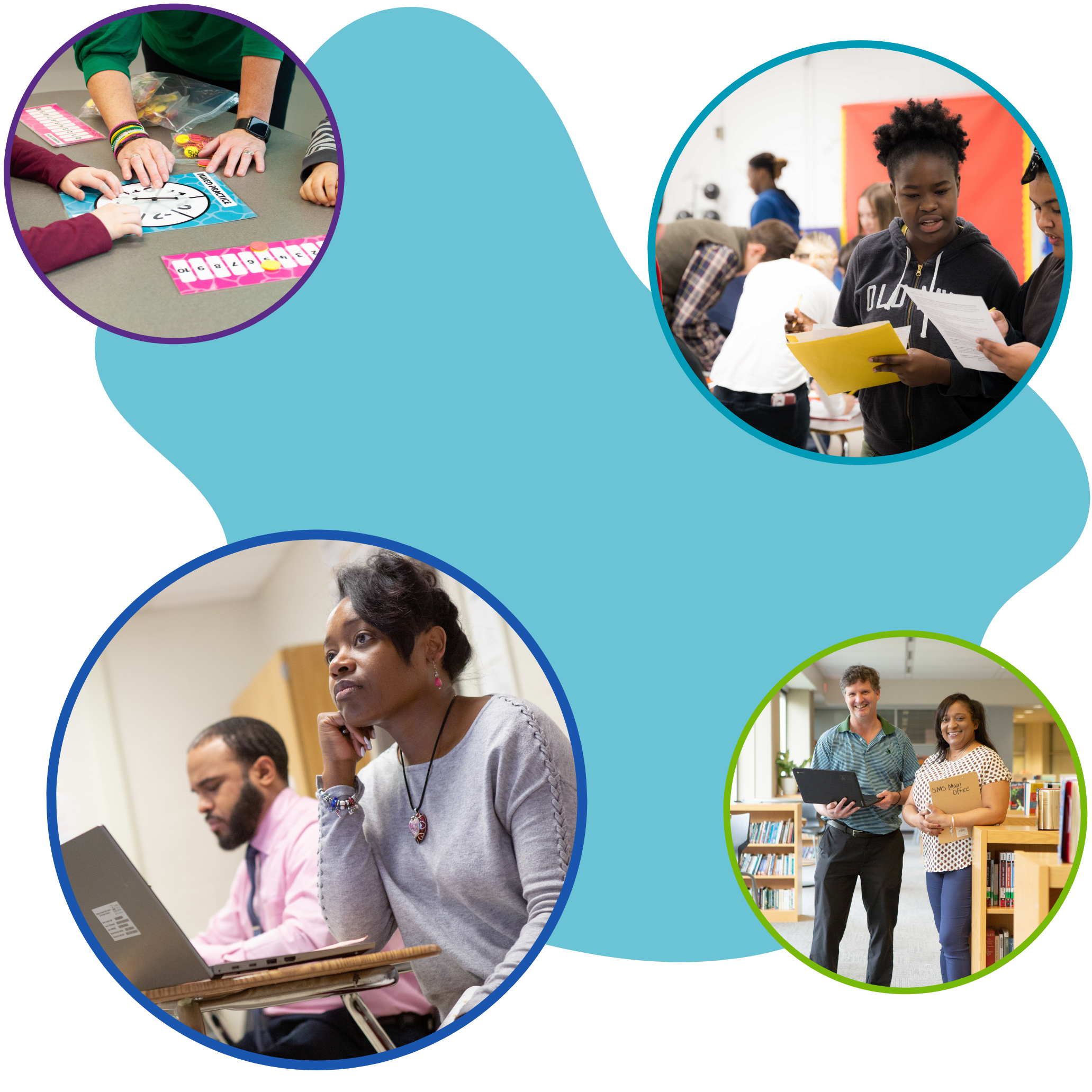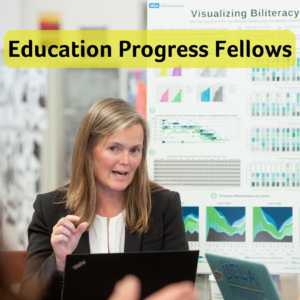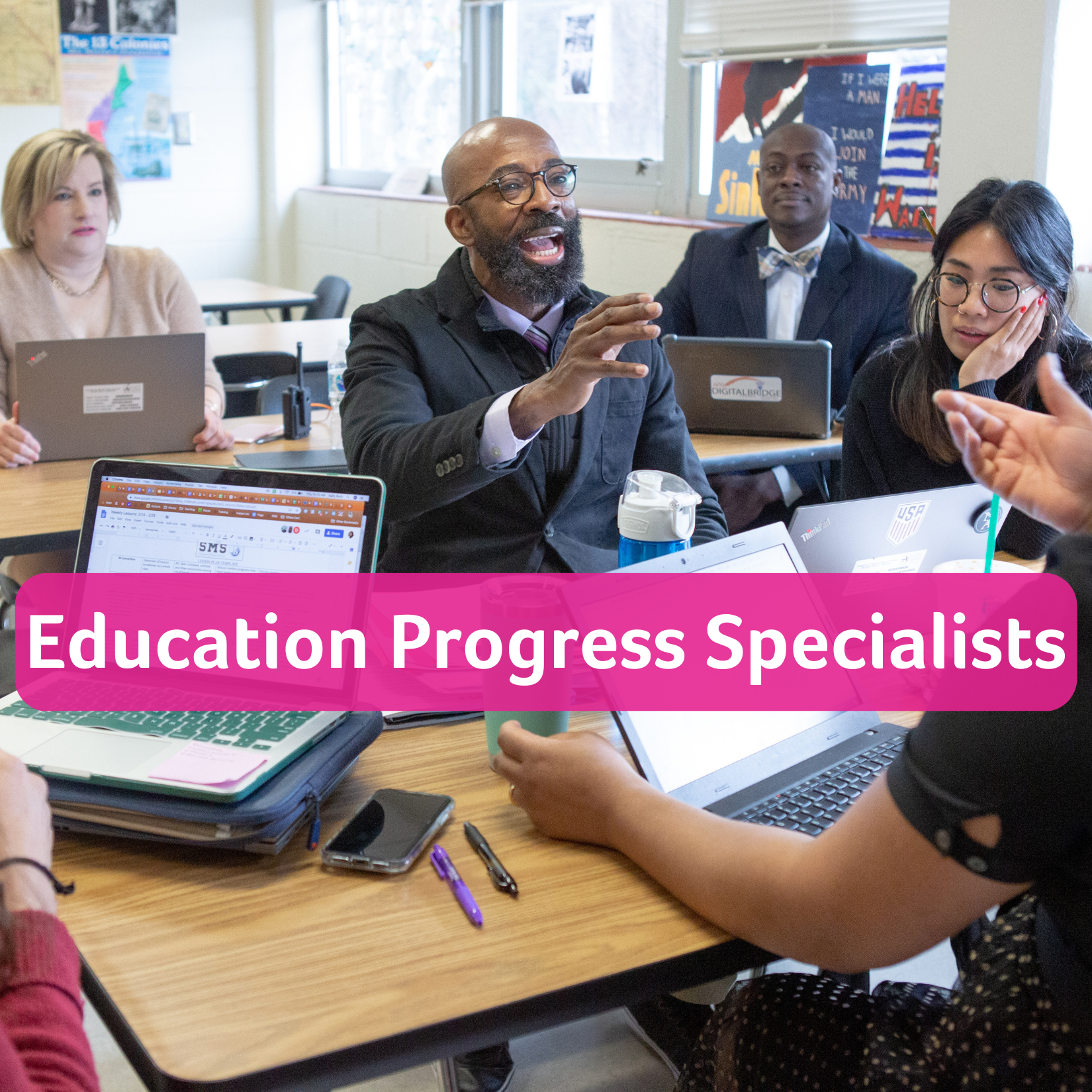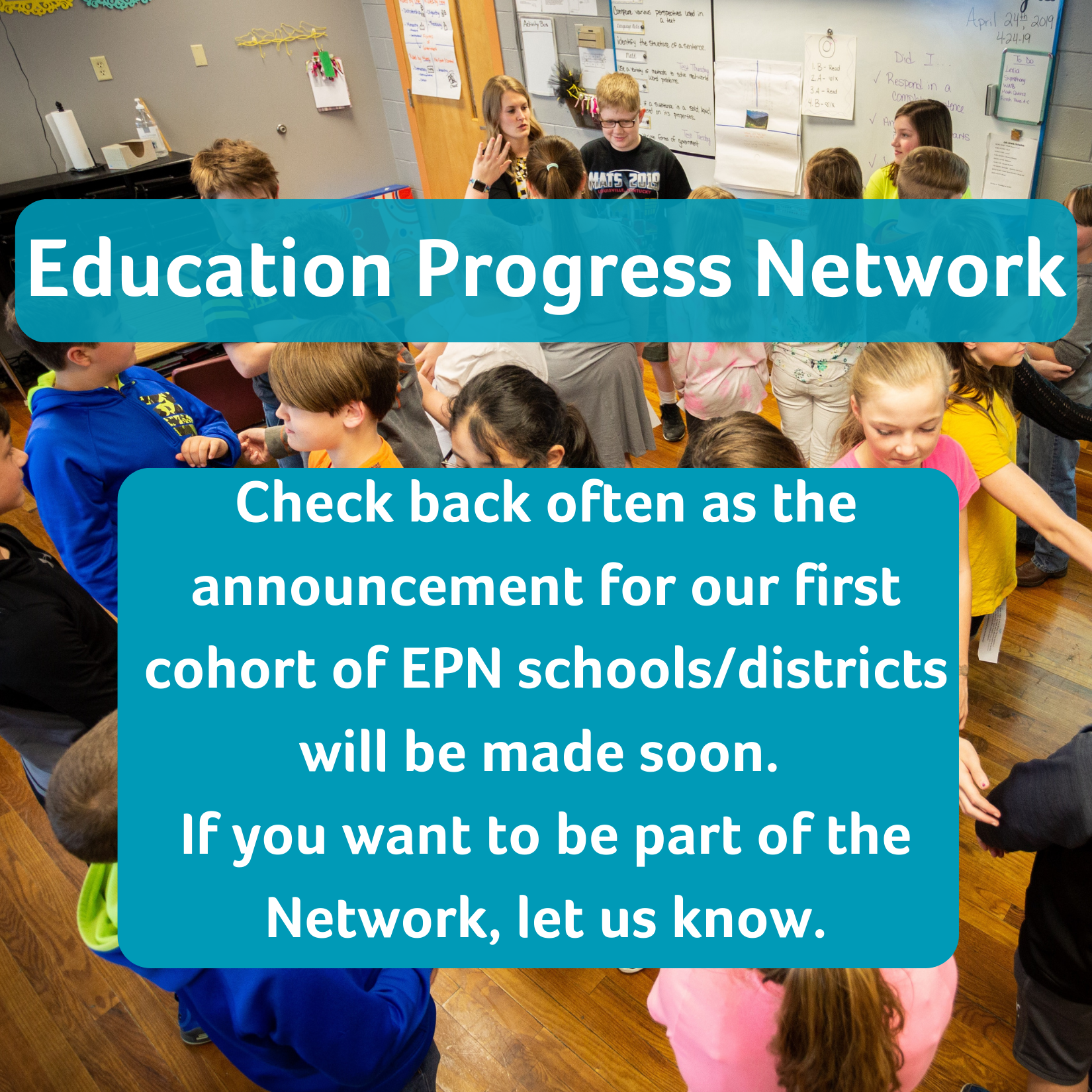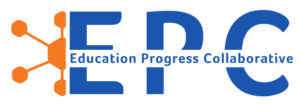
About the Education Progress Collaborative
The Education Progress Collaborative (EPC) fuels professional educators who engage in a constant pursuit of progress over compliance for all students. Reflection, research, experimentation, and advocacy characterize members of the EPC, be they individuals, schools, or districts.
The EPC represents the next era of educational advancement led by the Collaborative for Teaching and Learning (CTL). CTL furthers its mission to build capacity in educators so they can transform learning by creating a safe space for educators to think out loud, challenge assumptions, seek consultation, and engage in deep inquiry.
Members of the Education Progress Network
The EPC draws membership from public, charter, private, parochial, and independent schools, school systems, and districts. Membership may extend to education organizations similarly established for clear purposes of supporting student growth.
Where You Fit into the EPC
- If your school, district, or organization is looking for informed guidance and critical friends to figure out perplexing issues stymieing progress, then involvement in the Education Progress Network is your pathway.
- If you are a school or district leader looking to push your own thinking and that of your institution, apply to become an Education Progress Fellow.
- If you are a teacher searching for others who bring the same or greater skills to the instructional environment, join the Education Progress Specialists.

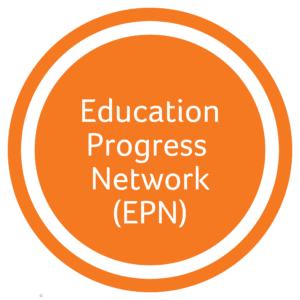
Schools, school systems, and districts working to weave common practices and measures of rigor throughout disciplines, across initiatives, and over time. The EPN will assemble around specific issues of interest, explore deeply, and plan for changes at their respective locations. CTL will facilitate the investigation and provide technical support as needed or desired by members in their continued efforts. Issues may include, but are not limited to, school choice mechanisms, special education services, content literacy, student support systems, and professional growth.
A dozen school and district leaders will participate in an 18-month fellowship transforming problems of practice into pragmatic advancements. After selection, CTL will convene the fellows and provide the focal lens, experts, and facilitation to push progress in fellows’ identified problems of practice. The focal lens, which will change with each cohort, serves as the unifying principle applied across a cohort and woven throughout the fellowship experience. Lenses may include, but are not limited to, equity, communication, or growth.
Small cohorts of master teachers in search of differentiated professional learning study critical aspects of standards, content, instruction, and assessment. The high level of educator capacity inherent in the cohort yields greater clarity and insight into the means and methods by which teachers facilitate learning and students acquire content fluency. Examples of professional learning may include, but are not limited to, literacy development, procedural fluency, and project-based learning.
What does the EPC Contribute?
EPC convenings, be they of the Network, Fellows, or Specialists, will result in tangible products that document and advance the discussion and common understanding. Pilot projects, technical assistance, fidelity of implementation support, initiative evaluation, and strategic planning are likely outcomes.
In addition, the learning may be shared via CTL through:
- White papers
- Podcasts
- Social media campaigns
- Presentations
- Journal articles

